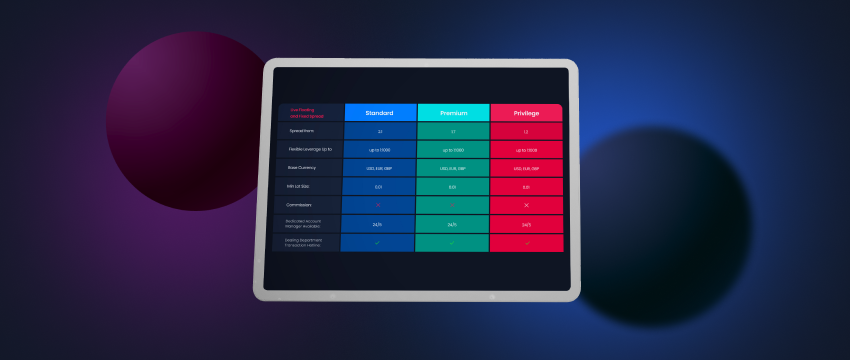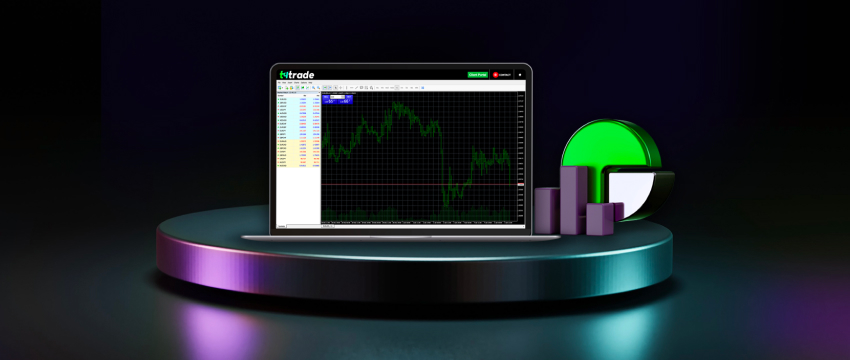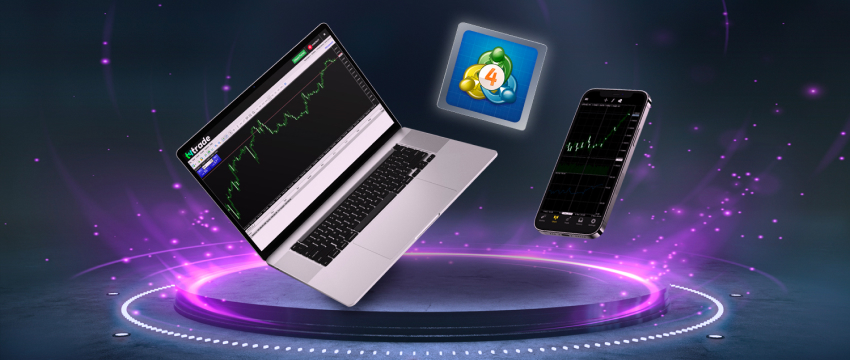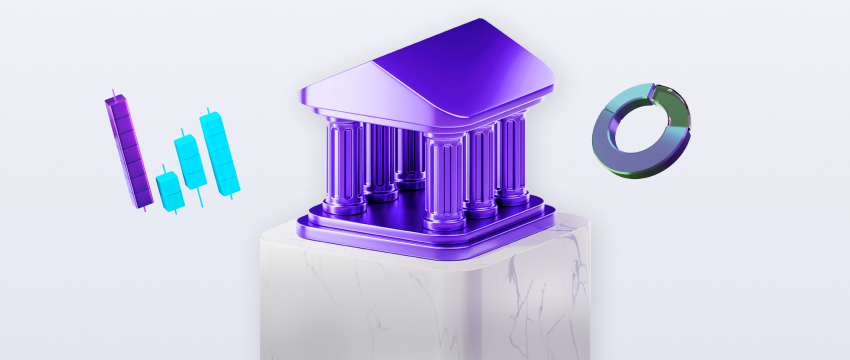The forex market is no longer a space reserved solely for banks, financial institutions, money managers or hedge funds. Instead, individual traders also have the ability to compete in this domain, provided they set up a suitable trading account.
The type of account someone chooses is typically dependent on skills, expertise and risk tolerance.
What is a trading account?
A forex trading account is a type of account that a trader opens with a forex broker to trade in the forex market. With the number of forex brokers that exist globally, traders typically start off using a demo account as a way of testing which broker is best suited to their needs.

Why does one need a trading account?
A forex trader is unable to access the forex market without opening a trading account with a forex broker. A newcomer to forex trading can open a demo trading account on a trading platform like Metatrader 4, download their data and use it to practice how to trade using virtual money. This gives a person the ability to gain forex trading experience using the tools provided by the MT4 platform. However, a trader must switch to a live trading account with a forex broker to execute real trades in the forex market.
T4Trade is a popular global forex broker that offers multiple accounts to people who want to trade forex. What account is best suited to you depends on your risk tolerance, available time to trade and initial investment size.
Moving to a live trading account
Demo trading is an important part of the process of becoming a more skilled forex trader. It offers a simulated trading environment for a trader to learn more about opening and managing trades. It also provides a trader with much-needed experience without the risk of losing real money. So when is the right time to move to a live trading account?
- Be certain of your trading style. There are many ways to be a trader. Day trading, scalping, swing trading, and position trading, are just some of the strategies used to trade forex. Get a feel for which style suits you best before trading with your own funds.
- Pengurusan risiko. A plan to properly manage the risk that comes with forex trading is crucial. Ensure the plan is compatible with your trading skills, expertise, knowledge and objectives to mitigate losing large sums of capital.
- Profitable demo trades. Traders typically switch to a live account once they’ve been consistently profitable during demo trading. If you’re still battling to achieve some wins, a little more practice may be preferable.
Choosing the right forex broker
Choosing the right broker with whom to open a forex trading account is dependent on several factors:
- Regulated. When selecting a broker, establish if they are regulated and the type of reputation they’ve earned among other traders worldwide.
- Commission and spreads. Identify how brokers charge for their services. Transparency is key.
- Currency pairs. Learn what selection of forex pairs the broker offers, particularly if these include the majors or those pairs that meet your trading goals.
- Trading platform. Find out whether the platform dagangan offered by the broker provides the trading tools and features needed to trade more successfully.
- Customer support. Consider the type of customer support you want and whether the broker will provide it. Give them a call to establish wait times. Send an email to determine response times.
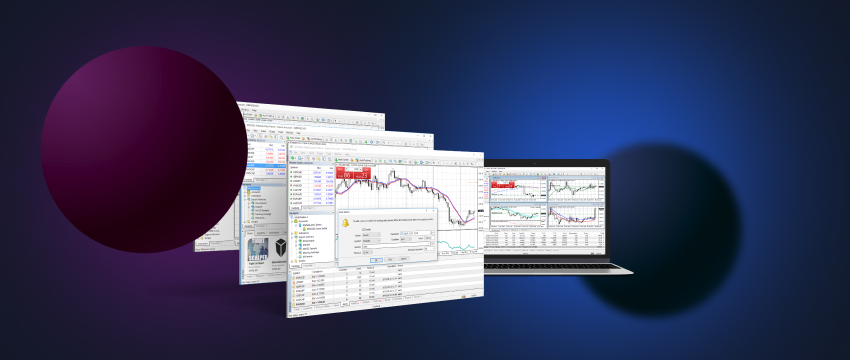
Frequently asked questions (FAQs)
Below we answer some of the most popular questions that arise as far as forex trading accounts are concerned.
How are forex currencies traded?
There are 180 different currencies in the world circulating in 197 countries. The US Dollar is considered the most dominant currency in forex trading. This is followed by the EURO.
Currencies are traded in currency pairs in the forex market. The pairs are quoted in pips and traded in different-sized lots (nano, micro, mini, standard). The most popular currency pairs are called the majors. These include EUR/USD, GBP/EUR, USD/CAD, GBP/USD, USD/CHF, USD/JPY, AUD/USD and NZD/USD.
What are pips?
A pip (percentage in point) measures the change in value between two different currencies. Currencies are quoted in pips, usually to the 4th or 5th decimal point. This very small (or incremental) price movement can look something like this: if the EUR/USD moves from 1.1053 to 1.1055, the $0.002 difference is called the pip.
What are lots?
Forex is typically traded in lots which are a portion or number of currency units that are bought or sold. In other words, trade orders are placed in sizes quoted in lots.
A standard lot is 100,000 units of currency. Mini lots are equal to 10,000 units of currency, micro lots are equal to 1,000, and nano are equal to 100. A trader can choose to trade any number (volume) of lots that their account balance permits.
What is margin?
Margin is the number of funds a trader puts up to open and maintain trades. The margin “assures” the forex broker that the potential loss of trade will be covered. It is typically locked in during the duration of a trade and released once the trade has closed. The margin amount is established by the forex broker.
What is leverage?
Leverage is essentially borrowed funds, i.e., a sum of money that a forex trader “lends” from a CFD broker to open and manage trades larger than what their account balance can accommodate. The amount of leverage a forex trader obtains typically correlates to the risk management strategy the trader has in place. Leverage is highly volatile so while large profits can be earned, the risk of losing all of one’s capital is just as big.
What is a spread?
Calculated in pits, a spread is a difference between the buy and sell price of a currency. Where a large difference between buy/sell prices suggests a high spread, a smaller difference indicates a low spread. Forex brokers commonly earn revenue on the spread and this amount differs from broker to broker. In the process of deciding which forex broker to use, it would be worthwhile identifying the spreads each one charge before making your decision.
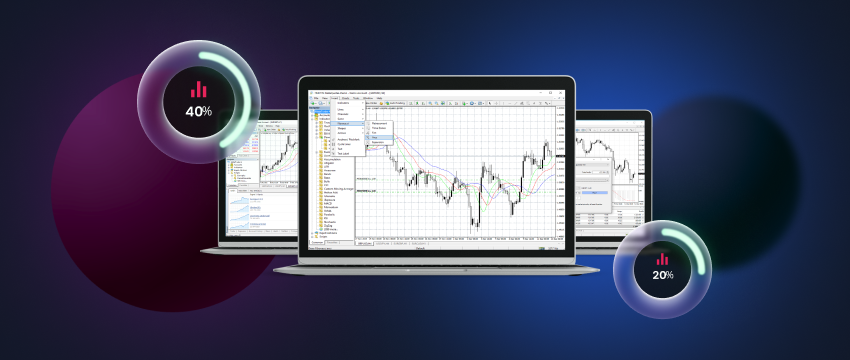
Why trade with T4Trade?
T4Trade Standard, Premium, Privilege and Cent accounts offer traders access to more than 300 instruments from 6 asset classes with competitive conditions, through the MT4 trading platform. This includes shares, indices, forex, futures, metals and commodities. T4Trade traders can also enjoy flexible leverage, tight spreads, trading lots from 0.01 for all account types, and fast execution.
Disclaimer: This material is for general informational & educational purposes only and should not be considered investment advice or an investment recommendation. T4Trade is not responsible for any data provided by third parties referenced or hyperlinked, in this communication.
